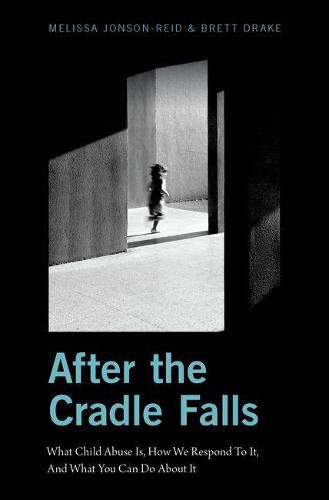Readings Newsletter
Become a Readings Member to make your shopping experience even easier.
Sign in or sign up for free!
You’re not far away from qualifying for FREE standard shipping within Australia
You’ve qualified for FREE standard shipping within Australia
The cart is loading…






There may be no other social problem so common, yet so little understood by the general public, as child abuse and neglect. This book is intended to help remedy that situation. After the Cradle Falls integrates examples from folklore, songs, and news articles with the latest summary of empirical research to create an accessible and engaging work intended to provoke the reader to think about how to address the issue of child abuse and neglect in America. Written in a conversational style, the book engages the reader in thinking through why maltreatment occurs, what it looks like, and what we do and do not know. Most importantly, it asks the reader to become involved in the solution based on their own conclusions and values. Given the prevailing state of widespread public misunderstanding about child abuse, its causes and effects, and the involved systems, After the Cradle Falls is particularly current, relevant, and useful. It is a must-read for students, professionals in child advocacy or family services agencies, and policymakers.
$9.00 standard shipping within Australia
FREE standard shipping within Australia for orders over $100.00
Express & International shipping calculated at checkout
There may be no other social problem so common, yet so little understood by the general public, as child abuse and neglect. This book is intended to help remedy that situation. After the Cradle Falls integrates examples from folklore, songs, and news articles with the latest summary of empirical research to create an accessible and engaging work intended to provoke the reader to think about how to address the issue of child abuse and neglect in America. Written in a conversational style, the book engages the reader in thinking through why maltreatment occurs, what it looks like, and what we do and do not know. Most importantly, it asks the reader to become involved in the solution based on their own conclusions and values. Given the prevailing state of widespread public misunderstanding about child abuse, its causes and effects, and the involved systems, After the Cradle Falls is particularly current, relevant, and useful. It is a must-read for students, professionals in child advocacy or family services agencies, and policymakers.